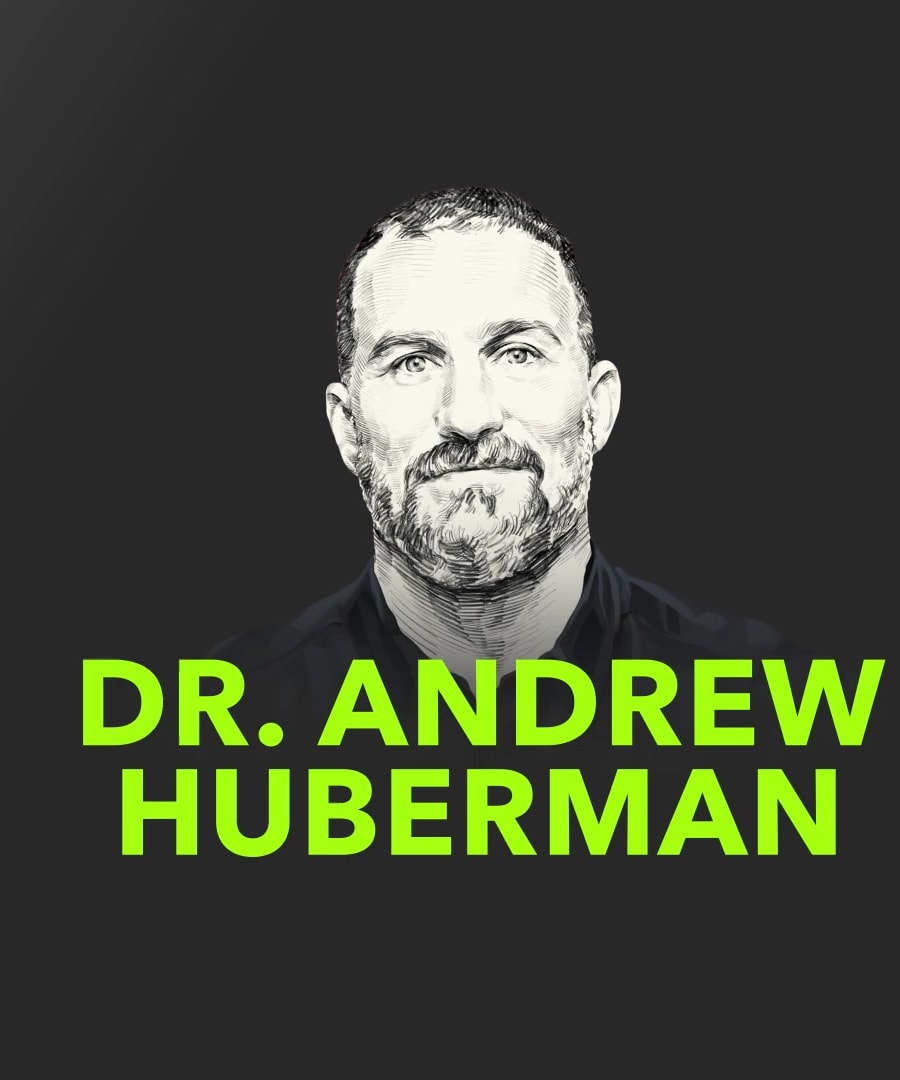Energy questionnaire
Sources:
The has provided insights into questionnaires that can probe various health-related topics. However, there is no direct mention of an "Energy questionnaire" from the retrieved clips. Here is what we found:
-
Hormone Questionnaires: Kyle Gillett discusses hormone questionnaires such as the Adam questionnaire, which is used to probe aspects of hormones like libido, athletic performance, and motivation. Patients' answers to questionnaires can differ significantly from the symptoms they verbally express to a doctor, especially when it comes to issues like libido and erectile dysfunction. This discrepancy emphasizes the importance of careful listening and interaction between the doctor and patient 1.
-
Boosting Cognitive Performance: In another episode, examines how physical exercise influences energy and cognitive performance. A study found that 15 minutes of moderate exercise before cognitive tasks can enhance focus and effectively reduce completion time for those tasks, which suggests that subjectively measured energy levels can be important for cognitive function 2.
If you require specific advice or information regarding tools or methods for assessing energy levels or enhancing energy through lifestyle interventions, please provide more context or clarify your request for more targeted information.
RELATED QUESTIONS-
How can I enhance my energy levels according to Huberman Lab?
Sources:
Here are some methods and insights from the on enhancing energy levels:
-
Moderate-Intensity Exercise: Engaging in 15 minutes of jogging or exercise equivalent to zone two cardio can increase feelings of energy, improve visual attentional control, and perceptual speed. This kind of exercise allows you to hold a conversation with slight breath-catching interruptions 1.
-
Cortisol and Epinephrine (Adrenaline): Understanding how to leverage hormones like cortisol and epinephrine can positively affect energy levels and immune system function. These hormones are vital for various biological processes and are linked to energy levels 2.
-
Epinephrine and Physical Activity: Any physical activity, such as walking, running, or swimming, increases epinephrine levels, which in turn boosts neural energy. Engaging in action early in the day can provide more energy for the rest of the day 3.
-
Blood Glucose Monitoring: Utilizing a continuous glucose monitor can help assess how different foods and activities impact blood glucose levels. Regulating blood sugar can stabilize energy levels and prevent energy dips after eating 4.
-
Cold Exposure and Deep Breathing: Deliberate stressors like cold showers and deep breathing exercises can increase epinephrine and cortisol levels, leading to higher energy and alertness if properly reframed and integrated into your routine 5.
-
Caffeine and Supplements: Caffeine and certain supplements can enhance physical and cognitive performance but should be used carefully to avoid energy troughs and decreased enthusiasm after the effects wear off 6.
-
Quality Supplements: Finding high-quality supplements with single-ingredient formulations can be beneficial for enhancing sleep, focus, cognitive ability, and energy levels. Momentous Supplements is partnered with the podcast, offering a variety of these supplements 7 8.
Before implementing any new health program or making changes to your lifestyle, you should consult with a healthcare professional to ensure it is appropriate and safe for your specific situation.
RELATED QUESTIONS-
How to increase energy levels
Sources:
Enhancing energy levels can be approached through several strategies as suggested by the :
-
Exercise: Any physical activity, including walking, running, or swimming, can increase epinephrine levels, giving you neural energy throughout the day. Engaging in exercise early in the day is particularly effective 1.
-
Caffeine Timing: Delaying caffeine intake to about 90-120 minutes after waking up can help avoid an afternoon energy crash 1.
-
Cold Exposure: Techniques like cold showers can trigger an increase in epinephrine, enhancing energy levels while allowing the mind to remain calm during body stress 2.
-
Blood Glucose: Monitoring and managing blood glucose levels can stabilize energy, prevent dips after eating, and even out energy levels throughout the day 3.
-
Nootropics: Some nootropics can increase blood glucose, which can enhance learning and performance in some situations. However, it's essential to be discerning about what supplements to use to avoid adverse effects 4.
-
Diet Modification: Intake of different types of carbohydrates at the right times, like having carbs in the evening, can affect energy levels and sleep quality 5.
-
Supplements: Certain supplements like Theanine can reduce caffeine jitters, while GABA and Glycine can aid in getting quality sleep, indirectly affecting energy levels 5.
-
Exercise Snacks: Short, intense bouts of exercise, called "exercise snacks," can contribute to enhanced endurance and potentially improved energy throughout the day 6.
Adopting these tools and behaviors might boost your energy levels. It is important to consult with a healthcare provider to tailor these recommendations to your specific health profile.
RELATED QUESTIONS-
Energy questionnaire
- RELATED QUESTIONS
How can I enhance my energy levels according to Huberman Lab?
- RELATED QUESTIONS
How to increase energy levels
- RELATED QUESTIONS













